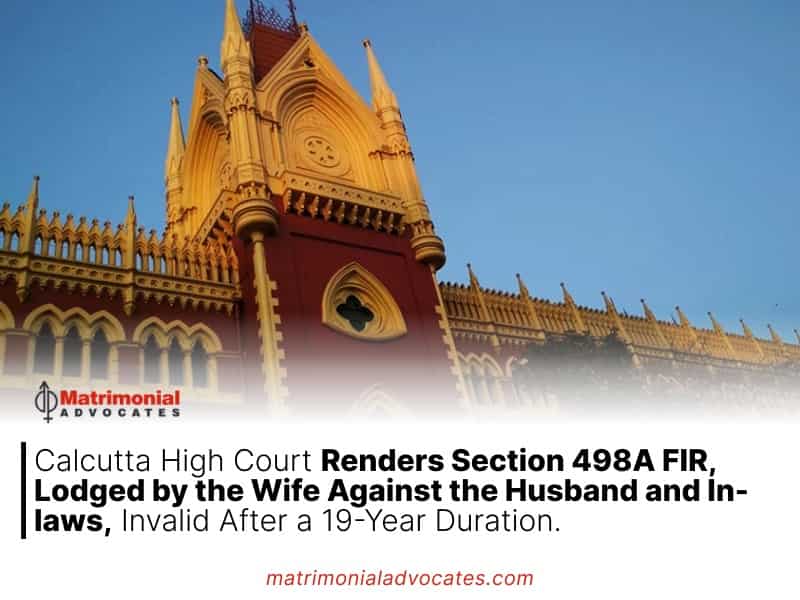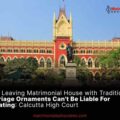
Justice Shampa Dutt (Paul) noted that there was no evidence to support the wife’s claim that she was mercilessly beaten and also was tortured for dowry.
In the matter of Suman Kumar Das vs State of West Bengal, the Calcutta High Court adjudicated on the disposition to quash a cruelty case instituted in March 2010. The complainant, a female petitioner, levied allegations of misconduct against her husband, mother-in-law, and sister-in-law pursuant to Section 498A of the Indian Penal Code (IPC). Noteworthy in this adjudication is the solomonic pronouncement by Justice Shampa Dutt (Paul), the presiding judge, who underscored the temporal dimension of the case. Justice Dutt emphasized that the aggrieved petitioner instituted the complaint after a lapsed period of 19 years from the inception of the matrimonial alliance.
“The allegations in the written complaint are general in nature and do not make out even a prima facie case against the petitioner in respect of the offences alleged. The present case has been filed 19 years after marriage with no supporting materials on record, to show that the ingredients required to constitute the offences alleged are present against any of the petitioners and thus permitting such a case to proceed towards trial will be an abuse of the process of law and the proceeding is liable to be quashed, in the interest of justice,” Justice Dutt observed in the order.
Pursuant to the initiation of a First Information Report (FIR) at Dum Dum Police Station in North 24 Parganas, it is asserted that the petitioner solemnized matrimonial union with the complainant-wife in 1991. The contentions posited by the wife allege that the petitioner subjected her to dowry-related mistreatment, coercively inducing contemplation of divorce or self-harm. These purportedly stem from the petitioner’s ostensible inclination toward contracting subsequent matrimony, attributed in part to perceived infertility on the complainant’s part.
Conversely, the petitioner relies upon a High Court order dated September 2019, elucidating the limited cohabitation of the conjugal partners subsequent to their nuptials. This judicial decree highlights a substantial duration during which they lived separately.
The tribunal meticulously deliberated upon the assertions proffered by both parties, duly taking cognizance of the judicial pronouncements enshrined in the September 2019 order. Furthermore, the court underscored the dearth of evidentiary corroboration from the complainant and the prosecution substantiating the alleged instances of severe physical abuse.
“The complaint has been filed 19 years after marriage. Prima facie there are no materials to substantiate the charges against the petitioners. The case thus, stands quashed,” the judge held.





